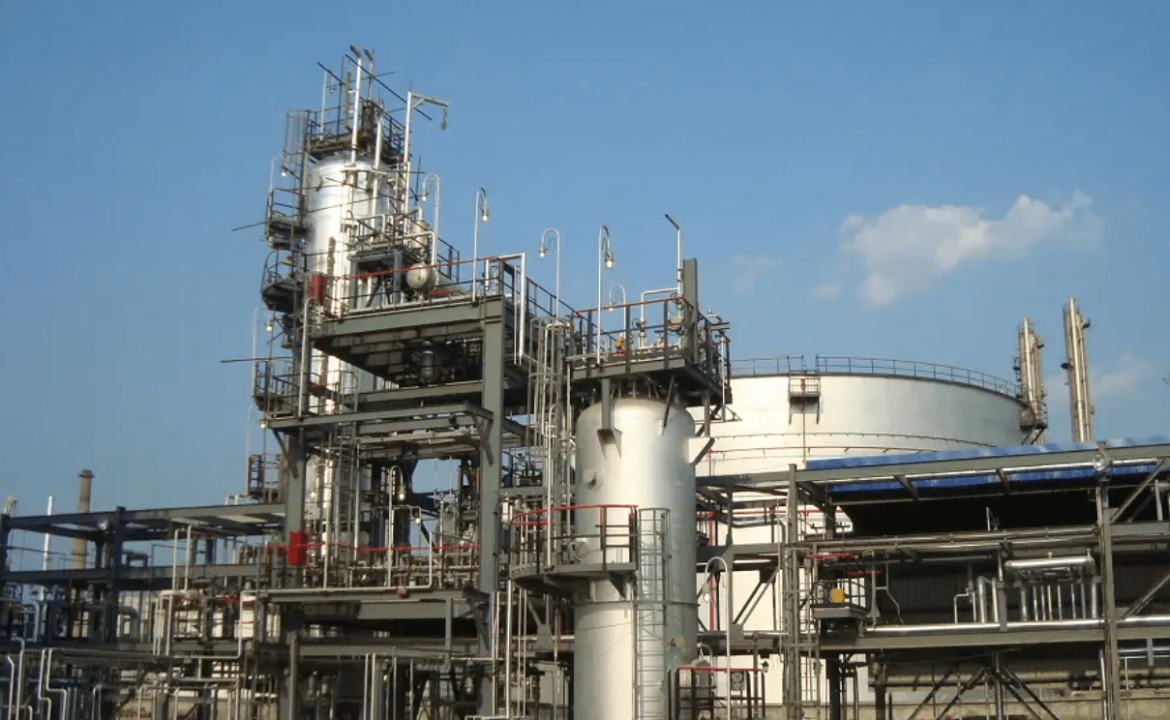KEY POINTS
- Oil marketers and retail fuel station owners warn that Dangote Refinery’s plan to sell fuel directly to end-users could destabilize Nigeria’s supply chain and lead to massive job losses across the downstream sector.
- Industry leaders, including NOGASA and PETROAN, urge President Tinubu and regulators to intervene, arguing that bypassing marketers undermines competition and risks giving Dangote excessive control over pricing and distribution.
- Lawmakers say they are reviewing the refinery’s distribution model to ensure it aligns with the Petroleum Industry Act and maintains fairness, transparency, and market balance.
Oil marketers in Nigeria are sounding the alarm over Dangote Refinery’s plan to distribute fuel directly to end-users, warning that the move could destabilize the downstream petroleum supply chain and trigger job losses across the industry.
At the Annual General Meeting of the Natural Oil and Gas Suppliers Association of Nigeria (NOGASA) held in Abuja, the group’s president, Benneth Korie, urged President Bola Tinubu to intervene. He said the refinery’s planned distribution model bypasses traditional marketing channels, threatening tens of thousands of independent filling stations and disrupting the existing logistics structure.
“We are not against Dangote Refinery, but we believe that direct distribution will disrupt the existing system and cause more harm than good,” Korie said. “We plead that Mr President intervene in this matter by telling Dangote to slow down, go by the rules of the game, focus on refining products and selling to marketers, who can then distribute to end-users.”
Refinery Aims to Cut Costs, Marketers Say Risks Too High
Starting August 15, Dangote Refinery plans to begin direct sales of petrol and diesel to industrial consumers and selected marketers, saying the goal is to cut transportation costs and improve distribution efficiency. Energy News Africa reports that the policy may inadvertently squeeze out smaller players and give Dangote excessive control over pricing and access.
Nigeria is home to over 50,000 filling stations, most of them operated by independent marketers, Korie noted. He warned that allowing a single refinery to take over large parts of distribution would “lead to scarcity and insecurity, which will affect the entire system.”
Billy Gillis-Harry, president of the Petroleum Products Retail Outlets Owners Association of Nigeria (PETROAN), echoed the concerns, saying Dangote’s growing presence could erode competition.
“This massive refinery is expected to satisfy domestic fuel demand and export surplus products,” Gillis-Harry said. “We are concerned that the company may use its market power to fix prices and limit competition, similar to what we’ve seen in other sectors.”
He also pointed to Dangote’s upcoming rollout of 4,000 compressed natural gas (CNG) trucks, a fleet that could edge out existing truck operators, leading to “widespread job losses in the industry.”
PETROAN called on the Nigerian Midstream and Downstream Petroleum Regulatory Authority (NMDPRA) and the Ministry of Petroleum Resources to implement safeguards—including price control mechanisms—to prevent any one company from dominating the sector.
Lawmakers, meanwhile, say they are keeping a close eye on the situation. Ahmed Saba, who represented the House Committee on Petroleum Resources (Downstream), told attendees that the National Assembly is reviewing how the refinery’s strategy aligns with the Petroleum Industry Act (PIA).
“This is a big change, and I want to assure you that we are carefully looking into this situation,” he said. “Our goal is to create a situation where everyone wins, following the rules set in the Petroleum Industry Act.”
Saba added that the PIA’s broader aim is to foster transparency and a competitive business environment, and that any shift in the petroleum market must reflect that.
“By working together, we can remove existing barriers, create a fairer and more competitive environment, and ultimately provide a more dependable and efficient system for distributing petroleum products to all Nigerians,” he said.
While Dangote Industries has yet to formally respond to the concerns raised by marketers, the debate highlights a growing tension between the refinery’s ambition to overhaul Nigeria’s fuel supply system and longstanding stakeholders wary of being pushed aside in the process.



